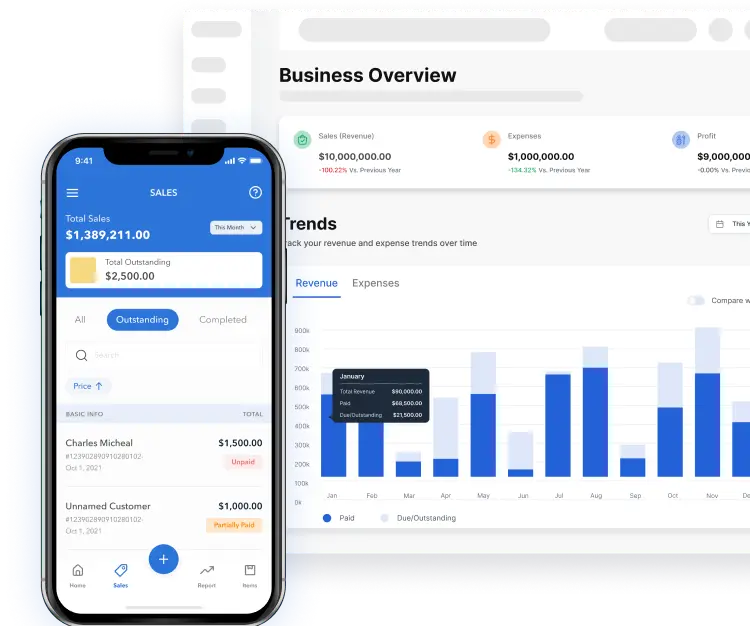Accounts receivable (AR) is a critical component of a company’s financial health, representing the outstanding invoices or money owed by customers for goods or services rendered. Efficient management of accounts receivable ensures a steady cash flow, crucial for maintaining and growing business operations.
An accounts receivable job, therefore, involves overseeing the process of billing, collection, and recording of these transactions, playing a pivotal role in the financial stability of an organization. In this post, we will cover:
- Roles and Responsibilities of Accounts Receivable Professionals
- How to Get a Job in Accounts Receivable
- Skills and Qualifications Required for Accounts Receivable Jobs
- Types of Accounts Receivable Jobs
- Challenges Faced by Accounts Receivable Professionals
- The Impact of Technology on Accounts Receivable Jobs
Roles and Responsibilities of Accounts Receivable Professionals

Accounts receivable professionals are tasked with various responsibilities to ensure the smooth functioning of the AR process.
- Their primary role is to manage incoming payments, which includes issuing invoices, processing payments, and maintaining accurate records of transactions.
- They also handle customer inquiries related to billing, resolve discrepancies, and reconcile accounts to ensure all payments are accounted for correctly.
- Additionally, they generate financial reports related to accounts receivable, providing valuable insights into the company’s cash flow and financial health.
How to Get a Job in Accounts Receivable
Securing a job in accounts receivable involves a combination of education, skill development, and effective resume presentation:
- Education: Pursue a relevant degree or certification to gain the necessary knowledge and skills.
- Resume: Highlight your experience with AR tasks, proficiency in accounting software, and any achievements or improvements made in previous roles.
- Skill Development: Continuously update your skills to stay abreast of the latest accounting practices and technologies.
Skills and Qualifications Required for Accounts Receivable Jobs
Success in an accounts receivable role requires a blend of technical skills, soft skills, and educational qualifications:
- Technical Skills: Proficiency in accounting software, Microsoft Excel, and an understanding of accounting principles is essential.
- Soft Skills: Strong communication and negotiation skills are crucial for dealing with customers and resolving payment issues.
- Attention to Detail: Accuracy is key in handling financial data and ensuring all transactions are recorded correctly.
- Educational Qualifications: A degree in accounting, finance, or a related field is typically required. Additional certifications, such as the Certified Accounts Receivable Professional (CARP), can enhance career prospects.
Types of Accounts Receivable Jobs
The field of accounts receivable offers various roles catering to different levels of expertise and responsibility:
- Accounts Receivable Clerk: An entry-level position responsible for basic AR tasks such as data entry, invoice generation, and payment processing.
- Accounts Receivable Specialist: A more specialized role focusing on managing specific aspects of the AR process, such as collections or customer disputes.
- Accounts Receivable Manager: A leadership position overseeing the entire AR department, developing policies, and ensuring compliance with financial regulations.
- Billing Coordinator: A role focused on generating accurate and timely invoices for customers.
- Credit Controller: A position dedicated to assessing credit risks, setting credit limits, and managing overdue payments.Career Advancement and Opportunities
The field of accounts receivable offers various opportunities for career growth and advancement:
- Career Pathways: Starting as an AR clerk, individuals can progress to specialist roles, eventually moving into management positions.
- Certifications: Obtaining certifications such as CARP can demonstrate expertise and commitment to the field.
- Industry Opportunities: Accounts receivable professionals are needed in various industries, from retail to manufacturing, providing diverse career options.
Related: Accounts Receivable: Definition, Benefits, and Examples
Challenges Faced by Accounts Receivable Professionals

Despite its importance, the AR role comes with its set of challenges:
- Late Payments: Managing overdue accounts and ensuring timely collections can be a constant struggle.
- Customer Relations: Maintaining positive relationships while enforcing payment terms requires diplomacy and tact.
- Regulatory Changes: Staying compliant with evolving accounting standards and regulations demands ongoing learning.
The Impact of Technology on Accounts Receivable Jobs
Technology has significantly transformed the accounts receivable landscape:
- Automation: Automated AR processes reduce manual effort and increase efficiency.
- Artificial Intelligence: AI and machine learning are being used to predict payment behavior and optimize collections.
- Digital Invoicing: The shift towards digital invoicing and payment systems streamlines transactions and enhances transparency.
Keeping up with technological advancements in your industry and acquiring relevant skills can give you a competitive edge when seeking an accounts receivable position. Proficiency in accounting software can set you apart from other candidates and enhance the efficiency of your work.
Conclusion
Accounts receivable jobs are vital for maintaining the financial health of businesses and offer a rewarding career path for those with the right skills and qualifications. By understanding the roles, responsibilities, and challenges associated with AR, individuals can navigate their way to a successful career in this field. With the advent of technology, the landscape of accounts receivable is evolving, presenting new opportunities for professionals to grow and excel in their careers.






